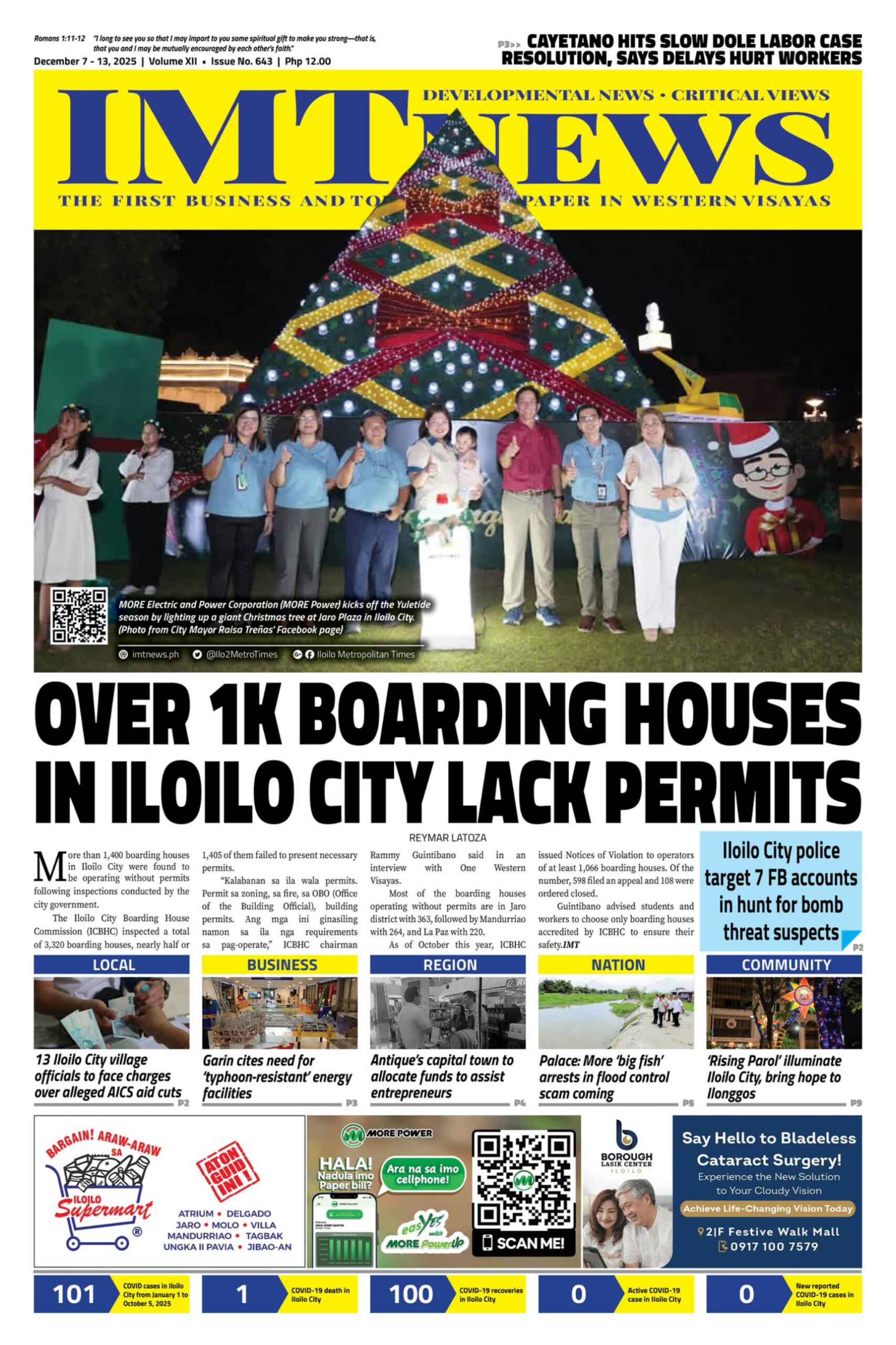Department of Agriculture (DA) Secretary Emmanuel F. Piñol and Korea International Cooperation Agency (KOICA) President Lee Mi-Kyung had recently discussed some plans to further collaborations for rural and agricultural development.
“It is a good time to plan out for what we can do to symbolize the strong relationship between the Philippines and Korea. Maybe we will look into an activity where we could bring Filipino food in an agri fair in Korea to celebrate the 70 years of our diplomatic relationships,” said Piñol.
The two countries’ bilateral relations started on March 3, 1949, upon the recognition of the Republic of Korea as a sovereign state by the Philippines. South Korea is the Philippines’ seventh largest source of Official Development Assistance (ODA).
“We would like also to thank the KOICA for the support to the local rice industry with the construction of rice processing complex. We could explore other areas that we can collaborate with. We are learning a lot from Korea especially in empowering the farmers like what you are doing in Panay,” Piñol told.
According to Philippine Agriculture Attaché to Korea Maria Alilia Maghirang, the collaborations between KOICA and DA aimed at boosting agricultural productivity and increasing farmers’ income.
“KOICA funded about P2.75 billion worth of agri-related projects since 2010 that included rice processing complex, seafood processing centers and other rural development projects,” Maghirang said.
Among the current projects of KOICA is the Panay Island Upland Sustainable Rural Development Project (PIU-SRDP), a five-year program that seeks to improve upland farmers’ living conditions, increase their income and boost their agricultural productivity and marketing system.
Another KOICA project for agriculture, “Enhancing Productivity and Production of High Quality Tomato through the Establishment of Smart Greenhouse” will be inaugurated on March 8 in Baguio City.
Meanwhile, KOICA provided another USD 4.89 million for the development and manufacture of agricultural machinery to accelerate mechanization in the Philippines. DA, on the other hand, has P5 billion budget on mechanization every year.
Piñol also sought KOICA’s support on the provision of high quality seeds, irrigation, technology on water management, and other agri projects to improve the agriculture value chain.
“We are starting seed production project in one town in Samar. The purpose of this is to produce quality seeds so that farmers in the neighboring towns could start planting. This is one of our anti-poverty and food productivity programs,” he said.
The storage and seed processing facilities, also funded by KOICA in PhilRice, are necessary for the development of the rice industry in Samar provinces.
“A law liberalizing the rice industry has just been signed. Our farmers will really have to be competitive as Thailand and Vietnam in terms of production. Our farmers need to produce more, to lower the production cost of palay, so the prices of rice will be lowered,” Piñol stressed.
KOICA president Lee signified her support to DA chief’s proposals for the advancement of the Philippine agriculture. She also said that KOICA in coordination with the United Nations- Food and Agriculture Organization is supporting the agriculture and agribusiness enterprising in Mindanao.
Piñol mentioned that the DA’s share of the national budget is only about less than 20 percent.
“If only we could allocate more funds for agriculture, Philippines can be a major agricultural producing country. We cannot afford projects which entail huge investment. We prefer to implement small projects, but very quick and effective,” he added.
In a meeting held on March 1 in Iloilo City, Piñol offered Guimaras mangoes, mango rum, preserved carabao horn, and native handbag to Lee as the token of appreciation for KOICA’s support to the Philippine agriculture. #






